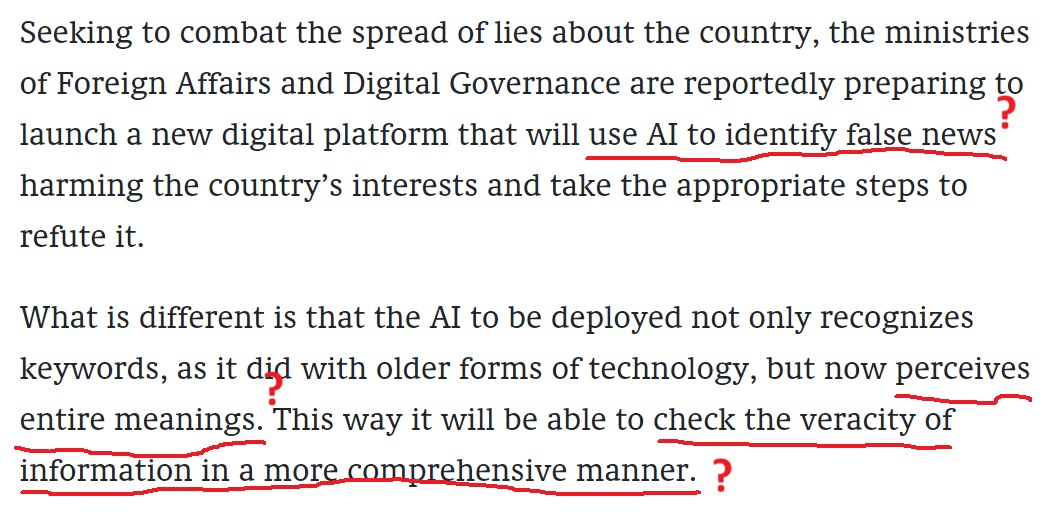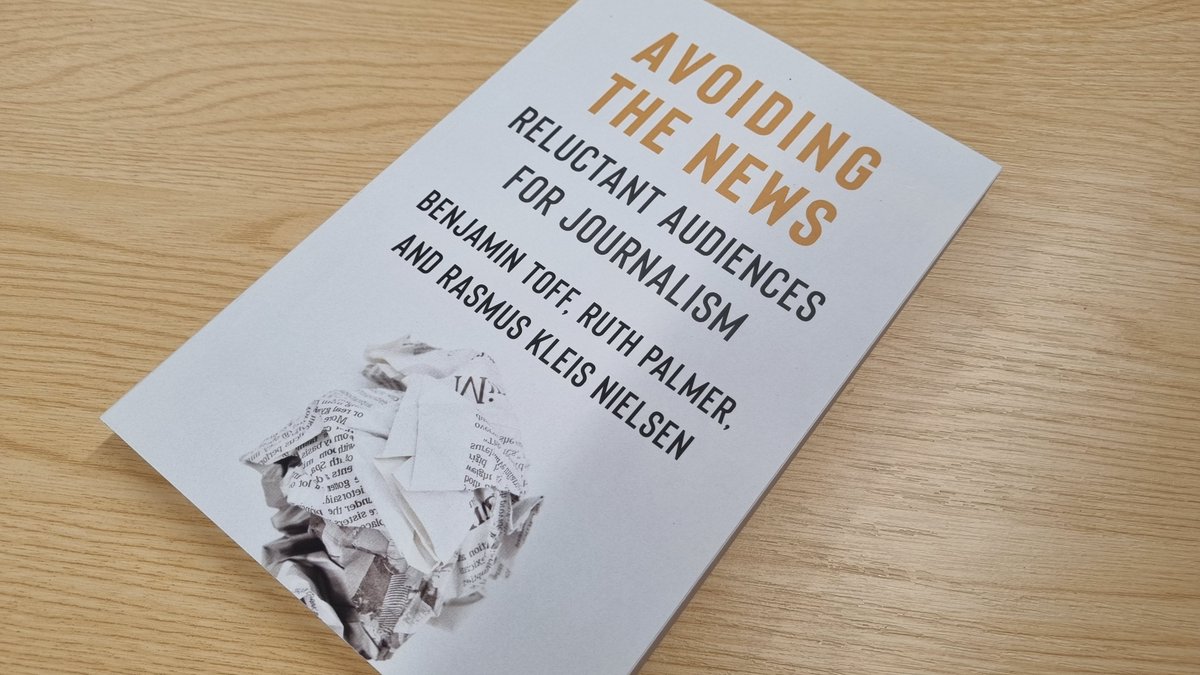Below are some important readings on media and race focused on case of the US that @MeeraSelva1 and I have recommended to @risj_oxford, we are always looking for more recommendations.
Beyond the ones we've put on the list, some others I have read or revisited in recent days 1/3
Beyond the ones we've put on the list, some others I have read or revisited in recent days 1/3
https://twitter.com/rasmus_kleis/status/1268952766967361539
@engagedscholar "Media Bias, Perspective, and State Repression" cambridge.org/gb/academic/su…
C. Squires "Post-Racial Mystique" nyupress.org/9780814770603/…
@LawrenceRegina "Politics of Force" books.google.co.uk/books/about/Th…
P. Chakravartty et al #CommunicationSoWhite academic.oup.com/joc/article/68…
2/3
C. Squires "Post-Racial Mystique" nyupress.org/9780814770603/…
@LawrenceRegina "Politics of Force" books.google.co.uk/books/about/Th…
P. Chakravartty et al #CommunicationSoWhite academic.oup.com/joc/article/68…
2/3
Also, of course, industry research w/important, basic, brute empirical realities, like these
Newsroom employees are less diverse than U.S. workers overall pewresearch.org/fact-tank/2018…
As news business takes a hit, the number of black journalists declines pewresearch.org/fact-tank/2014… 3/3
Newsroom employees are less diverse than U.S. workers overall pewresearch.org/fact-tank/2018…
As news business takes a hit, the number of black journalists declines pewresearch.org/fact-tank/2014… 3/3
• • •
Missing some Tweet in this thread? You can try to
force a refresh











